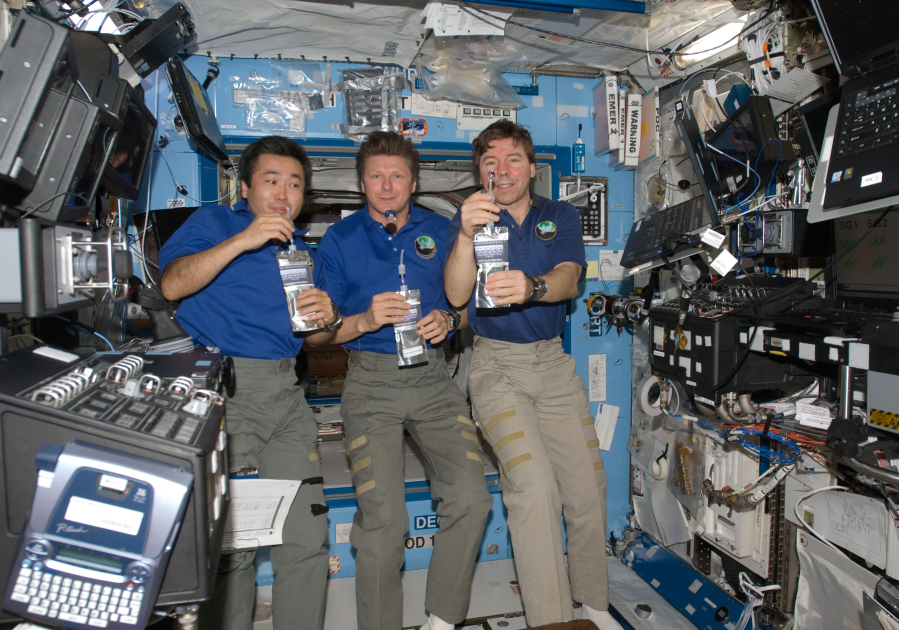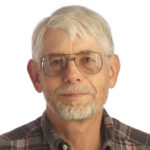So many things to do before we can take off for Mars …
We must design new space vehicles, learn how to protect crews from radiation and, yes, boost the recycling rate for urine.
Those are just some of the issues astronaut Mike Barratt has dealt with during his 26 years with NASA. He discussed them and more during two appearances in Clark County earlier this month.
Barratt isn’t just sharing his insights with local audiences. Barratt was scheduled to be one of the speakers at the global extreme-medicine conference that ended today in Edinburgh, Scotland.
The 1977 Camas High graduate was slated to discuss what NASA has learned about human performance in austere environments, then take part in a panel discussion on long-duration space missions.
He brings two skill sets to these conversations. In addition to two missions aboard the International Space Station, Barratt is a physician and NASA flight surgeon.
He spoke from both perspectives to his Clark County audiences on Nov. 16. He addressed 200 high school students from the Camas, Vancouver and Evergreen districts at Washington State University Vancouver; later, he spoke at a Columbia River Economic Development Council event in Pearson Air Museum.
Accidental discoveries
His missions have provided zero-gravity opportunities for unexpected breakthroughs.
“We’ve accidentally learned how cerebral fluid works when you take away gravity,” he said. “We’re advancing that knowledge in space and translating it to practice on the ground.”
These days, Barratt is working with commercial space companies, providing medical oversight to the new manned vehicles they are building. That is part of getting people to Mars.
And once we’re on the way, radiation in deep space “is the big enemy,” he said.
Other livability factors include recycling water — an issue Barratt has experienced firsthand. His three-man crew drank a toast in 2009 with the first results of the space station’s water recycling system.
“We recycle 85 percent of the (crew’s) urine and sweat,” Barratt said. “We want it to be over 95 percent when we go to Mars.”
After sampling the product, he has a business-as-usual approach to the topic.
“It’s turning yesterday’s coffee into tomorrow’s coffee.”
Off Beat lets members of The Columbian news team step back from our newspaper beats to write the story behind the story, fill in the story or just tell a story.




